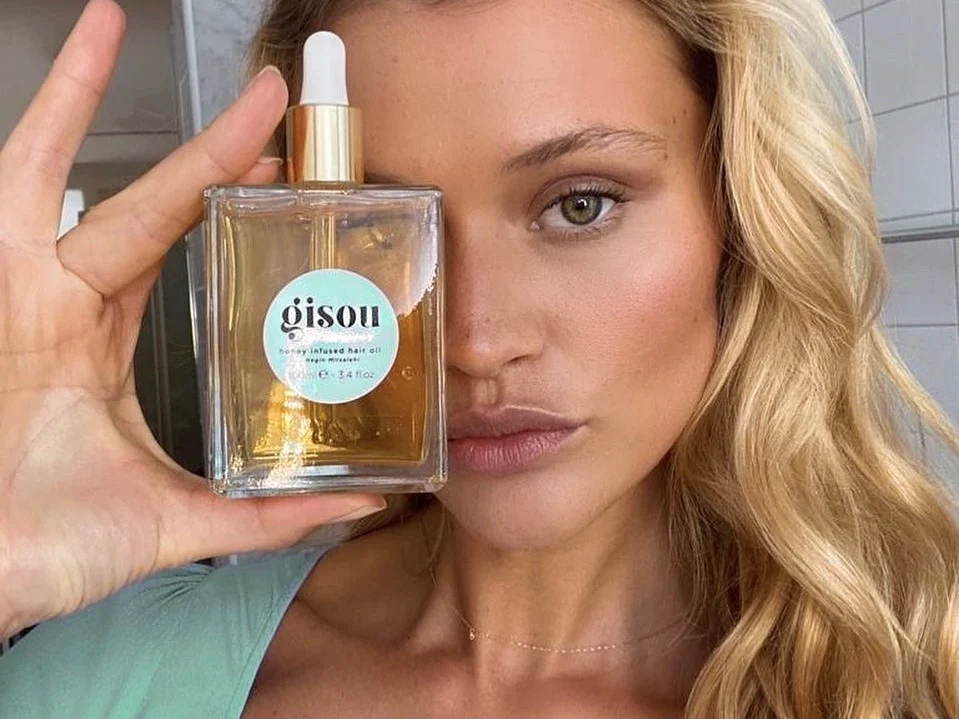
Unlock the Secret: Amla Hair Oil
The Magic of Amla Hair Oil: Nature’s Secret for Luscious Locks
Amla hair oil transforms lifeless hair into vibrant, healthy tresses. This ancient Indian remedy harnesses the power of the amla fruit, also known as Indian gooseberry. Packed with vitamin C and antioxidants, amla oil nourishes hair from root to tip. Its potent properties combat common hair problems and promote overall scalp health. Discover how this natural elixir can revolutionize your hair care routine and unlock the secret to gorgeous, manageable hair.
Understanding Amla: The Superfruit for Hair
Amla boasts an impressive nutritional profile. Rich in vitamin C, it surpasses many citrus fruits in antioxidant content. These powerful compounds protect hair from environmental damage and oxidative stress. Amla also contains essential fatty acids, minerals, and phytonutrients.
This unique combination supports hair growth and strengthens follicles. The fruit’s astringent properties help maintain a healthy scalp pH balance. Regular use of amla oil can lead to shinier, stronger, and more resilient hair. Its natural conditioning effects leave hair soft and manageable without harmful chemicals.
The Science Behind Amla Hair Oil’s Effectiveness
Research supports amla oil’s hair-boosting benefits. Studies show its ability to stimulate hair follicles and promote growth. The oil’s high vitamin C content enhances collagen production. This protein forms a crucial part of hair structure. Amla’s anti-inflammatory properties soothe scalp irritation and reduce dandruff.
Its antibacterial qualities fight off harmful microbes that can impede hair health. The oil penetrates deep into the hair shaft, nourishing from within. This process strengthens hair strands and prevents breakage. Scientific evidence suggests amla oil can even help delay premature graying. These findings explain why amla has been a staple in traditional hair care for centuries.
How to Use Amla Hair Oil for Maximum Benefits
Incorporate amla oil into your hair care routine for best results. Start with a patch test to ensure no allergic reactions occur. Warm the oil slightly for better absorption. Gently massage it into the scalp using circular motions. This technique stimulates blood flow and enhances nutrient delivery to hair follicles.
Work the oil through the length of your hair, paying extra attention to dry ends. Leave it on for at least 30 minutes or overnight for intense conditioning. Rinse thoroughly with a mild shampoo. For maintenance, apply amla oil 2-3 times a week. Consistent use yields the most noticeable improvements in hair health and appearance. Experiment with different application methods to find what works best for your hair type.
DIY Amla Hair Oil Recipes for Every Hair Type
Create custom amla oil blends tailored to specific hair needs. For dry hair, mix amla oil with coconut oil for extra moisture. Combine amla with jojoba oil to combat oily scalps and balance sebum production. Add a few drops of lavender essential oil to soothe an itchy scalp. For thinning hair, blend amla oil with rosemary oil to stimulate growth.
Create a strengthening treatment by mixing amla oil with castor oil. Infuse amla oil with fenugreek seeds for added shine and softness. These DIY recipes allow for personalized hair care solutions. Adjust ingredients and ratios to suit individual preferences and hair types. Always use high-quality, pure oils for the best results. Store homemade blends in dark glass bottles to preserve their potency.

Amla Hair Oil vs. Commercial Hair Products
Amla hair oil offers numerous advantages over conventional hair products. Unlike many commercial options, it contains no harsh chemicals or synthetic additives. This natural approach reduces the risk of scalp irritation and long-term damage. Amla oil provides deep nourishment without weighing hair down or leaving greasy residues. Its versatility makes it suitable for all hair types and textures.
Commercial products often target specific issues, while amla oil addresses multiple concerns simultaneously. The oil’s shelf life exceeds that of many synthetic hair treatments. Its concentrated form ensures a little goes a long way, offering better value for money. Amla oil’s eco-friendly nature appeals to environmentally conscious consumers. Switching to this natural alternative can simplify hair care routines and reduce exposure to potentially harmful ingredients.
Beyond Hair: Other Benefits of Amla Oil
Amla oil’s benefits extend beyond hair care. Its antioxidant properties make it an excellent addition to skincare routines. The oil helps fight signs of aging and promotes a youthful complexion. Amla’s anti-inflammatory effects can soothe irritated skin and reduce acne. Its high vitamin C content aids in collagen production, improving skin elasticity. The oil’s antimicrobial properties help combat fungal infections on the scalp and skin.
Amla oil supports nail health, strengthening brittle nails and promoting growth. Some studies suggest it may have potential in managing diabetes and supporting heart health. These diverse benefits highlight amla oil’s versatility as a natural health and beauty aid. Incorporating it into daily routines can contribute to overall well-being.
Amla hairs oil stands out as a powerhouse in natural hair care. Its rich nutritional profile and scientifically backed benefits make it a valuable addition to any beauty regimen. From promoting hair growth to combating common scalp issues, amla oil addresses a wide range of concerns. Its versatility allows for customized treatments suitable for all hair types. The oil’s natural composition offers a safer alternative to chemical-laden commercial products. Regular use can transform dull, lifeless hair into strong, shiny locks. Beyond its hair benefits, amla oil contributes to overall skin health and well-being. As more people seek natural beauty solutions, amla oil continues to gain popularity worldwide.
The benefits of amla hair oil extend beyond cosmetic improvements. Regular scalp massages with the oil can help reduce stress and promote relaxation. This holistic approach to hair care acknowledges the connection between overall well-being and hair health. The ritual of applying oil to the hair and scalp can become a form of self-care, promoting mindfulness and self-nurturing. These moments of calm in busy lives contribute to reduced stress levels, which in turn benefit hair health.

Conclusion
Amla hairs oil offers a natural, effective solution for various hairs concerns. Its rich nutritional profile nourishes hair from root to tip, promoting strength, shine, and growth. The oil’s versatility allows for customized treatments suitable for all hair types. By choosing amlas oil over chemical-laden products, users embrace a safer, more sustainable approach to hair care. Regular use of this ancient remedy can lead to noticeable improvements in hair health and appearance. As part of a holistic hair care routine, amla oil contributes to overall well-being and self-care. Embrace the power of nature and unlock the secret to beautiful, healthy hair with amlas oil.



